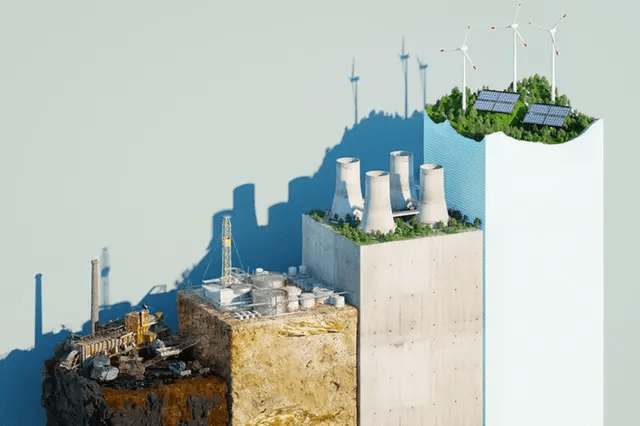In Short : Collaboration in the clean energy sector is crucial for advancing sustainable practices and combating climate change. By working together, South Korea and the UK can share their expertise, technologies, and best practices to accelerate the transition to a greener and more sustainable future.
In Detail : South Korea and the UK have announced they will sign an agreement later today to drive efforts to treble global renewable energy capacity, in addition to plans to upgrade their existing free trade agreement (FTA).
UK offshore wind portfolio company Corio and BP will invest $1.16bn in South Korea, according to South Korea’s trade, industry and energy ministry (Motie) on 22 November. Corio is currently developing eight offshore wind farms with a total capacity of 2.9GW across Busan city, Ulsan city and South Jeolla province, with the firm’s investment expected to accelerate these projects’ development.
BP will invest in offshore wind farms along South Korea’s southern coast. “BP is delighted to reconfirm our support to developing offshore wind in South Korea, working in partnership with stakeholders to support the country’s energy transition,” said BP’s head of country Louise Kingham. South Korea aims to have 14.3GW of offshore wind power capacity by 2030, according to the UK government. This is in line with Motie’s goal of 19.3GW of domestic wind power capacity by 2030, which likely includes onshore wind power, with South Korea having 1.9GW by the end of 2022.
South Korean businesses will also commit over £21bn ($26.3bn) worth of new investment into the UK to back renewable energy and infrastructure projects there. This includes sovereign wealth fund Korea Investment allocating £9.7bn into UK assets over the next 10 years to fund renewables, green infrastructure and waste management projects; Shinhan Financial’s £2bn investment into UK clean energy and infrastructure projects; and wind turbine manufacturer SeAH Wind investing £650mn into a facility that produces monopiles, which are commonly-used foundations for offshore wind turbines, at the Teesside Freeport site.
The £21bn investment will also underpin a new Clean Energy Partnership between the two countries, to be signed later on 22 November.
The partnership involves collaboration on large-scale nuclear plants, small modular reactors and advanced civil nuclear reactors; reinforcing energy grid infrastructure resilience between state-controlled utility Korea Electric Power, UK energy regulator Ofgem and the UK’s National Grid; and exploring opportunities in hydrogen collaboration and offshore wind. The UK aims to expand its nuclear power capacity to 24GW by 2050, offshore wind power capacity to 50GW by 2030 and hydrogen production capacity to 10GW, according to Motie without disclosing a timeline.
A new bilateral framework, called the Downing Street Accord, also includes an agreement to work more closely to harness critical technologies including those related to semiconductors, with up to £4.5mn in joint research funding, led by the UK scientific academy the Royal Society. UK’s national innovation agency Innovate UK will also invest over £8.5mn — matched by South Korean agencies — to create joint innovation programmes driving the development and commercialisation of critical technologies, including semiconductors “for the first time”, according to the UK government, which will improve semiconductor supply chain resilience.

